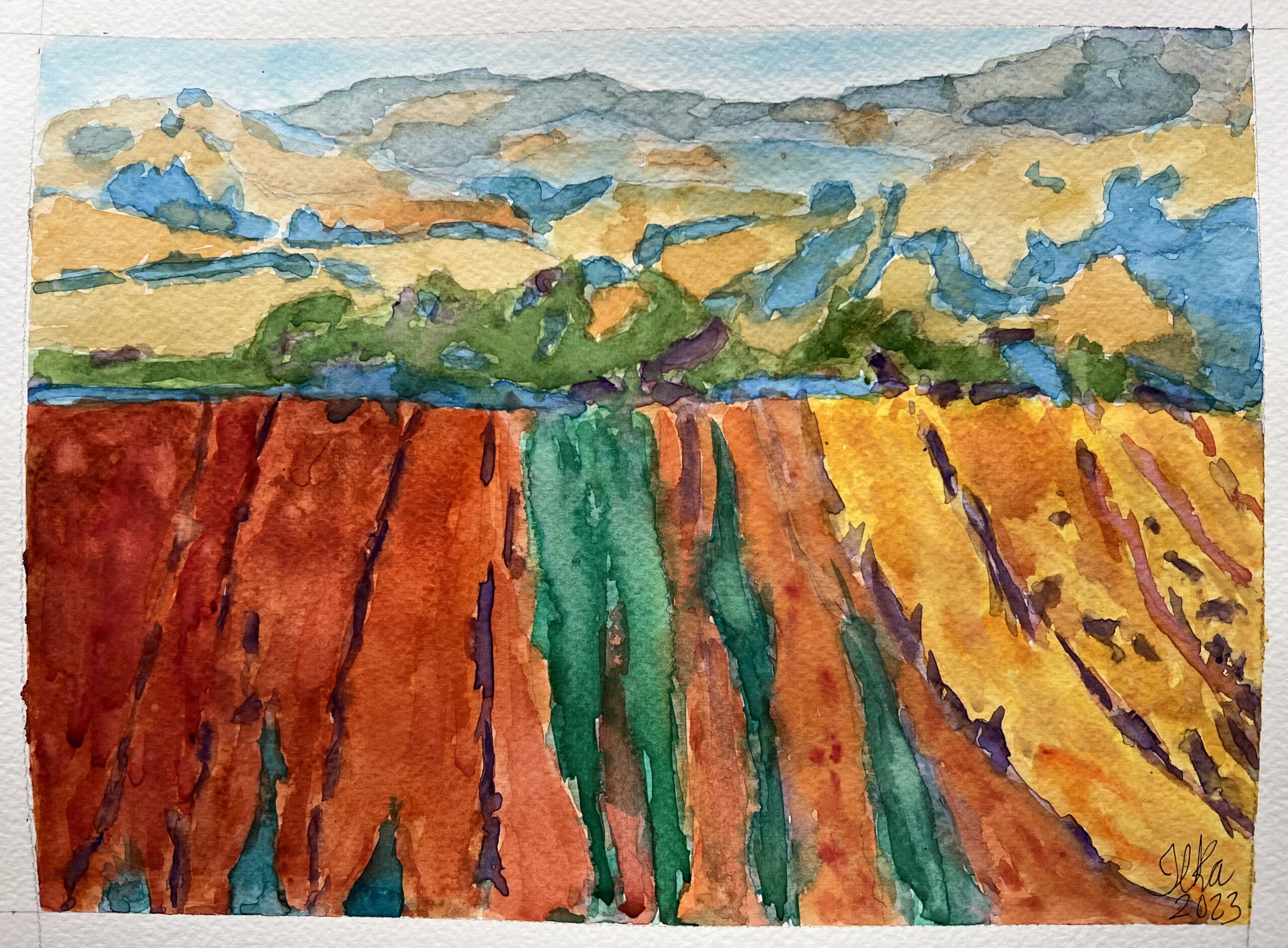Translated by Marvin Najarro
In the mornings, Bertita and her mother split firewood in their neighbors’ houses who hire them, usually elderly persons who were left alone because all their children left for el Norte. Twenty-year old Bertita wears her one-year-old daughter in a shawl attached to her back, her other two children who are five-and seven-year-old, are in charge of stacking the firewood so as not to leave a mess.
When things go well, they are able to get lunch included in their pay; a few tortillas that they dip in an herbal soup, or in cooked beans, on some occasions it is just tortillas with chirmol. When they get something to fill their belly, it is a good day, when it is the other way around, they wait until they get home to boil, in a pot with water, a few drops of cooking oil and a pinch of salt, and a few cold tortillas that they will dip in the mixture. It is all they can afford with their meager income.
Bertita’s children suffer from malnutrition, as are the children of her three sisters aged fifteen, seventeen, and who, as happened to her, are about to be left alone, because their companions also want to leave for el Norte like most of the village’s young men who have been forced to migrate due to poverty and decades of government neglect. Bertita’s husband left, and his whereabouts remain unknown, it has been four years since the last they heard of him, when he was in Hermosillo Sonora.
In the afternoons, Bertita and her mother clear plots of land to prepare them for the crops. With so few men left in the village, women have to take care of their children, providing them with the necessary support, they also have to tend the land. With the money they are able to scrape together from their pay as day laborers, they can relieve their need for food. They live without electricity, and drinking water, some of their neighbors provide them with water for their basic needs, but cannot share the electricity with them because the power bill would be too expensive, so they have to use a candil to lit their home. They answer nature’s call in the bushes.
At breakfast time they gather all the children, ten in all, and sit them on the dirt floor around the makeshift stove, in plastic cups they serve the children tortillas toasted on the comal, which they break into pieces to dip them in coffee. There is no more food than the toasted tortillas, and a little yellow water from the coffee residue they boil repeatedly until it loses its color.
Sometimes their neighbors give them some corn ears to help them to satisfy their need for tortillas. They all live in a three by four shack made of tin and rustic wood planks. They don’t have beds, the owner of a drug store gave them a used rug he had in his house, and a truck driver provided them with a ragged tarp, which they lay both on the dirt floor so that they feel less cold. To endure the cold, they lie down like canned sardines, only in this way they can get to sleep at night.
Bertita dreams of her children attending school, so that they will not have to end up like her, wandering around, knocking on her neighbors’ doors asking for work. She would also like them not to lose their teeth at an early age as happened to her because of cavities; it is so hard to eat like that, anything hard hurt her gums. Bertita dreams of her children going to school, and not being illiterate like her mother, her sisters, and like her, so that they will not have to emigrate, leave their native land, forget their Mam language, and to live far away from the cloudscapes of Todos Santos Cuchumatán.
But her dreams are too big, she thinks, as she sweats splitting the wood logs, under the scorching midday sun.
If you share this text in another website and/or social media, please cite the original source and URL: https://cronicasdeunainquilina.com
Ilka Oliva-Corado @ilkaolivacorado






